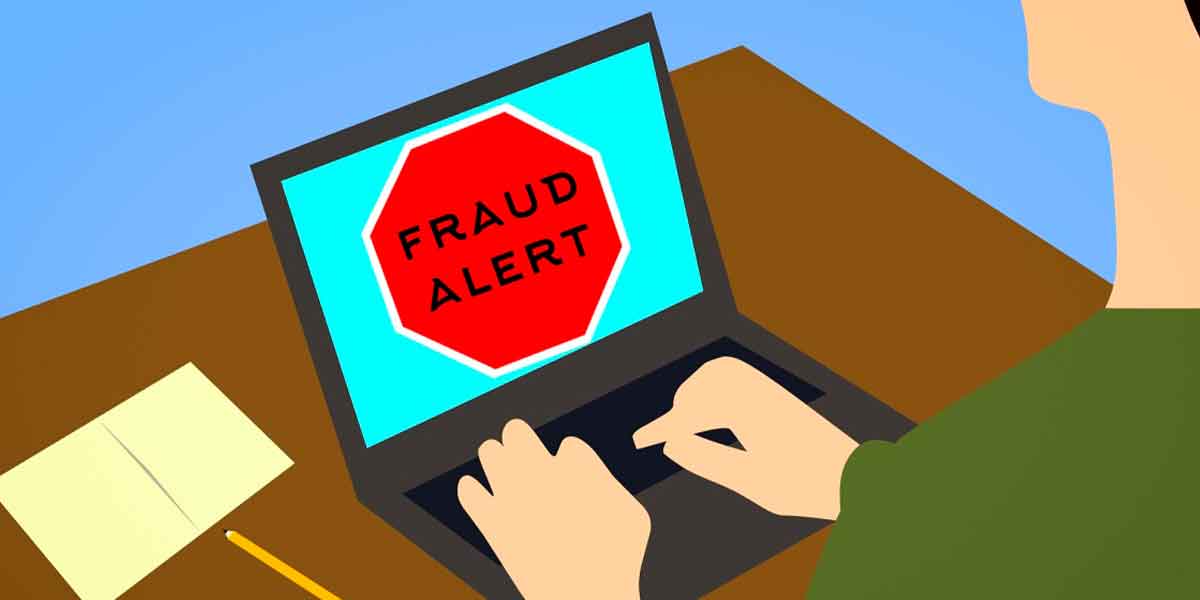When you decide to come up and make an estate plan, your aim is to try and make the succession process stress-free and quick for your loved ones when you pass away.
In many cases, all you need is a will and other legal documents to give guidance on how your estate needs to be shared among the living beneficiaries.
You will work with various professionals to come up with your estate plan. Sadly, some people take advantage of the process and defraud your beneficiaries of their inheritance.
Estate planning scams are easy to identify only if you know what to look out for. When you notice that something isn’t right, the best way is to take steps to make sure your estate is secure.
Types of Estate Fraud
You will come across different kinds of estate fraud over your lifetime. Here are a few that are common:
Forged Wills
One of the ways to make your will valid is to have your signature on all the pages. If the will is signed by anyone other than the testator, then this is fraudulent.
You need to sign the will in front of two witnesses plus a rotary. This is because if the validity of the will comes in question, then the witnesses will be questioned and confirm whether it is your signature or a forgery.
Scenarios have arisen where the testator wasn’t able to physically sign the document, maybe due to a medical condition or disability. When this happens, it is vital that the witnesses make a video that shows someone signing on behalf of the testator to avoid issues that might crop up later.
Signs a Will Has Been Forged
If a will is found to be forged, chances are that it can be deemed invalid because it won’t express the true intentions of the testator accurately or in a legal manner.
However, to believe that a will has been forged and justifying it is totally different issues. Here are a few signs that the will has been forged:
- Suspicious modifications – if you realize that there are changes that seem dubious such as missing pages, substantial erasures and strikeouts, and then you might be looking at a forged will.
- Lack of legal formalities – you need to know that not every will has been drafted by an attorney, because some people decide to go the DIY way. If a document being presented as a will doesn’t have the legal formalities a will needs, then it could be forged.
- Handwriting analysis – here, a trained handwriting expert analyses the signature to determine if it is from the deceased.
- No-one has signed – The will has not been signed in front of a notary or witnesses.
Determining whether a signature has been forged is not easy, reason why you need to seek the advice of a probate law attorney to understand what steps to take and the implications of contesting the will on fraudulent grounds.
Undue Influence
Undue influence refers to a situation whereby the testator is convinced to sign the will out of their own will. This is usually common with seniors and those that have a cognitive impairment.
Some of the signs that the testator has been convinced to sign when they didn’t want is the sudden cutting off of communication by the testator. The testator usually spends more time with the new beneficiary.
When undue influence is the case, the deceased’s will distribute the estate in a way that isn’t expected at all. The deceased names a beneficiary that isn’t related to him or her at all, to the detriment of the loved ones.
There are various reasons as to why this might happen. The testator may have been fully dependent on the person, who in turn took advantage of this and exerted undue influence on him. Additionally, the testator might have developed a special relationship with this person.
Proving Undue Influence
This can be tough because the testator is already deceased and won’t be there to answer your many questions. In such a case, the court will seek the testimonies of various witnesses such as family members and close friends.
The Role of the Attorney
You might contest the will being fraudulent, but you need expert advice to make the case stand. Estate attorney lawyers have experience handling many cases and will tell you what to do to confirm if there is a case of fraud or not. Remember if you don’t have sufficient evidence, you end up losing a lot of time and money trying to prove your point.







